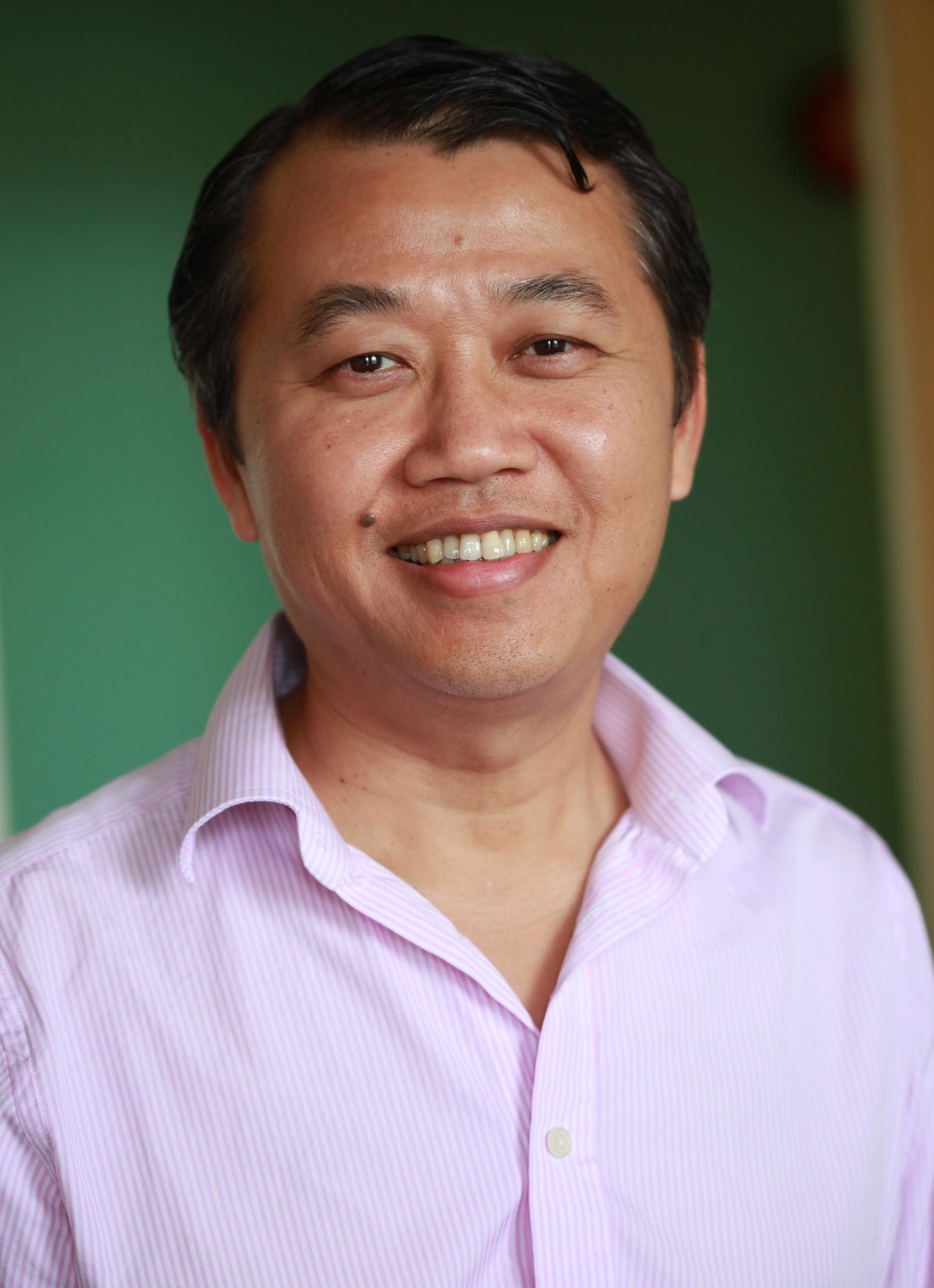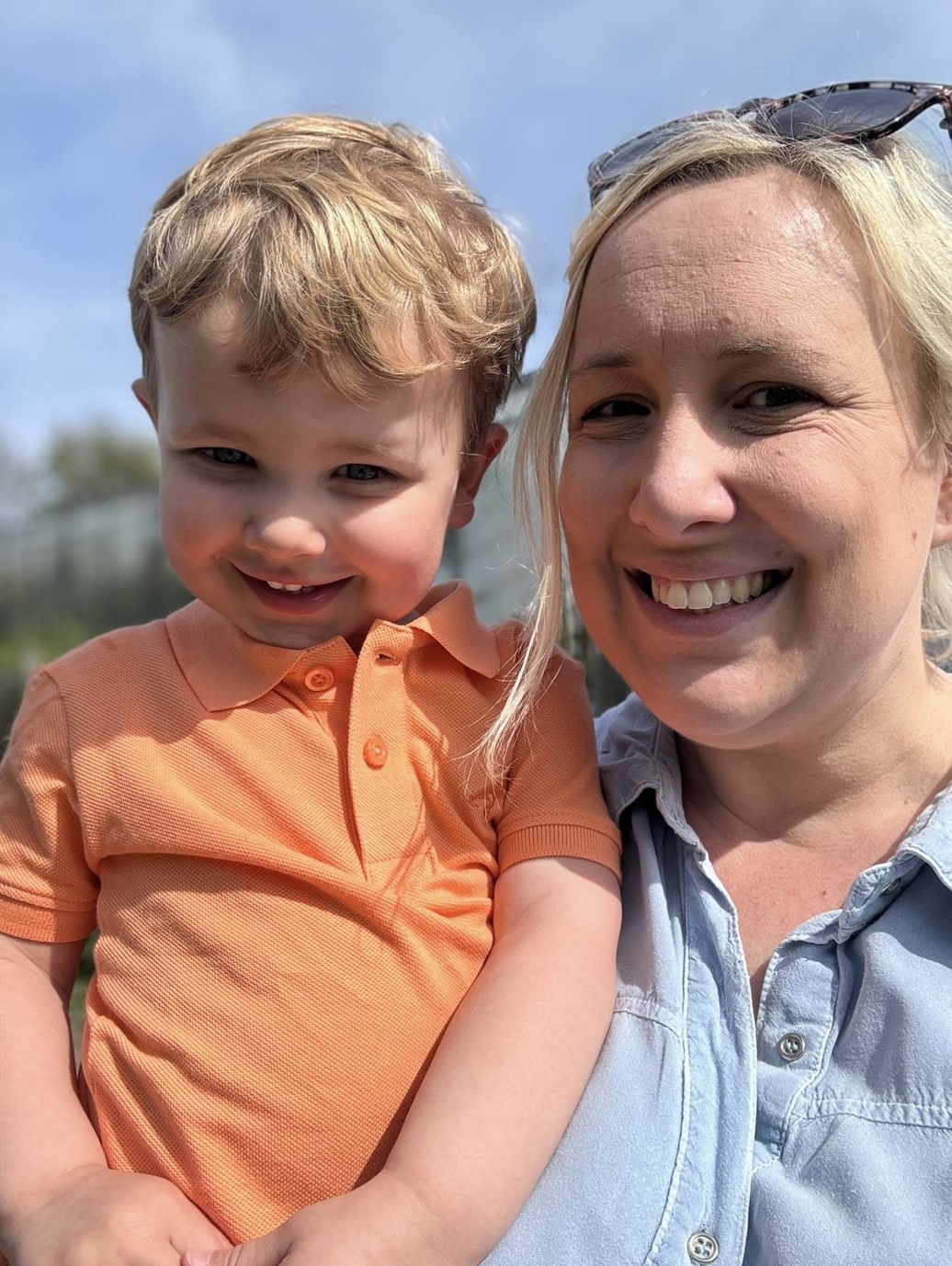Greatest research achievements in Kent, Surrey and Sussex: protecting babies from Respiratory Syncytial Virus (RSV)
- 01 May 2024
- 4 min read
To celebrate 10 years of the NIHR Clinical Research Network, we are looking back at our greatest research achievements over the past decade.
We’re showcasing both Kent, Surrey and Sussex-led research studies and those delivered in the region whose results have influenced and impacted clinical practice within the NHS and social care, locally and nationally.
To begin with, the spotlight is on HARMONIE, a children's study which evaluated the effectiveness of nirsevimab, an antibody immunisation, designed to protect babies against Respiratory Syncytial Virus (RSV). The study was funded by Sanofi and AstraZeneca.
What sites in KSS recruited to this study?
Six sites were recruited to this study across the region. These were: Medway Maritime Hospital in Gillingham, William Harvey Hospital in Ashford, Queen Elizabeth The Queen Mother Hospital in Margate, St Peter’s Hospital in Chertsey, East Surrey Hospital in Redhill and Royal Sussex County Hospital in Brighton.
How many participants were recruited?
In total more than 8000 children were enrolled at 250 hospitals across France, Germany and the UK. Over 50% of those were in the UK with 4048 children, and 202 were enrolled in Kent, Surrey and Sussex.
What was this study investigating?
Open to newborns and babies up to 12 months old, the HARMONIE Study evaluated the effectiveness of nirsevimab, an antibody immunisation, designed to protect babies against Respiratory Syncytial Virus (RSV). Antibodies in the blood are part of the immune system, which helps bodies fight infection and illness.
The antibody dose used in the HARMONIE study acts in the same way as the antibodies within our bodies, but is targeted specifically to fight RSV. Previous studies have shown this antibody dose to work well, providing direct protection against RSV in one dose. The objective of the HARMONIE Study is to further assess the impact on hospitalisations due to RSV with more babies involved.
In the study, babies were randomly assigned into one of two groups. One group received the antibody dose by having an injection into their thigh and in the other group, no injection was given. If a baby was not assigned to receive the antibody dose, they were still followed up in the same way.
Why does it matter?
RSV is the most common cause of lower respiratory tract infections. It is a seasonal illness that affects about 97% of children by the age of two. The symptoms are mild for most people but for some can be severe and even life threatening, particularly for those with a compromised immune function. It is the most common cause of bronchiolitis and pneumonia in children younger than one year of age. It is the leading cause of pneumonia deaths for babies in the first six months of life.
The burden on the NHS from infant RSV is 1:10 paediatric intensive care bed days per annum due to RSV infection. 8% of paediatric admissions to hospital are due to RSV.
What were the results?
The trial’s results show that giving a single dose of nirsevimab reduced the need for babies to be admitted to hospital by 83%. This means that instead of 10 children who would have been admitted, only two were. The study also found that infants given the dose of nirsevimab reduced chest infections caused by other viruses, resulting in hospital admissions being halved. In addition, the study showed the drug was safe to be administered on a large scale.

In this next section, Dr Aung Soe, Consultant Neonatologist at Medway NHS Foundation Trust and Neonatology Research Speciality Lead for CRN KSS, speaks about the importance of the HARMONIE trial and its impact on healthcare and treatments.
Dr Soe, why is this study so important?
“In the past, research has led to the introduction of vaccinations for a number of illnesses including polio, diphtheria, whooping cough and tetanus. Since then, more vaccines have been introduced for other serious infections such as meningitis, and we have since seen a reduction in hospital admissions for those. So, if all babies receive a vaccination for RSV, fewer will become infected and we will also see fewer severe cases which can lead to bronchiolitis and its complications that often require hospital admission.”
What did we learn from this study?
“This is a phase 3 study, meaning there have been other studies in the past looking at the monoclonal antibody from a safety point of view. Smaller studies have shown that it is safe and effective. However HARMONIE looked at it in a larger number of babies. The results were striking - when you deliver research, it is rare to see a number of significance as high as 83%. So we learnt that this vaccination will significantly help to protect babies from RSV and its complications”.
What’s next?
“The plan, on a national scale, is to introduce this vaccine as part of the routine immunisation for infants. There are many processes behind the scenes when it comes to introducing vaccinations, such as logistics and manufacturing which can take some time. However the hope is that it will be introduced for the upcoming winter in 2024.”

Jack is one of the infants who took part in the study at Medway NHS Foundation Trust.
His mum, Samantha Short from Sittingbourne, said: “As a nurse on the Neonatal Unit at Medway Hospital, we are supporting research projects on a daily basis and I have seen the changes in practice over the years as a result.
“It was great to be involved in the HARMONIE trial and for my son Jack to participate. I was so grateful that Jack was randomised to receive the vaccine as I know how devastating the effects of RSV can be. I am hopeful that the results of the trial will see more babies protected against RSV and I can tell Jack about his involvement when he is older”.


